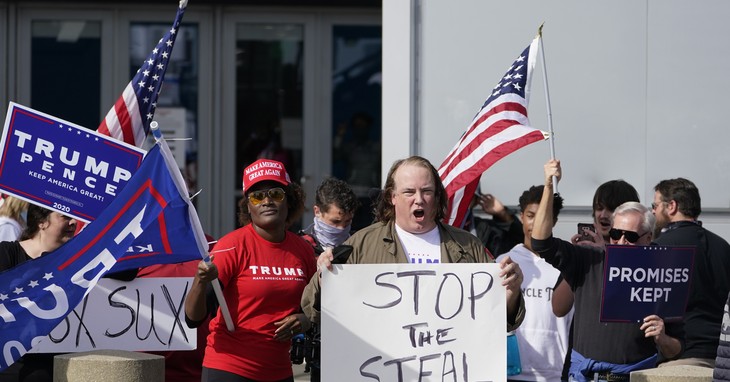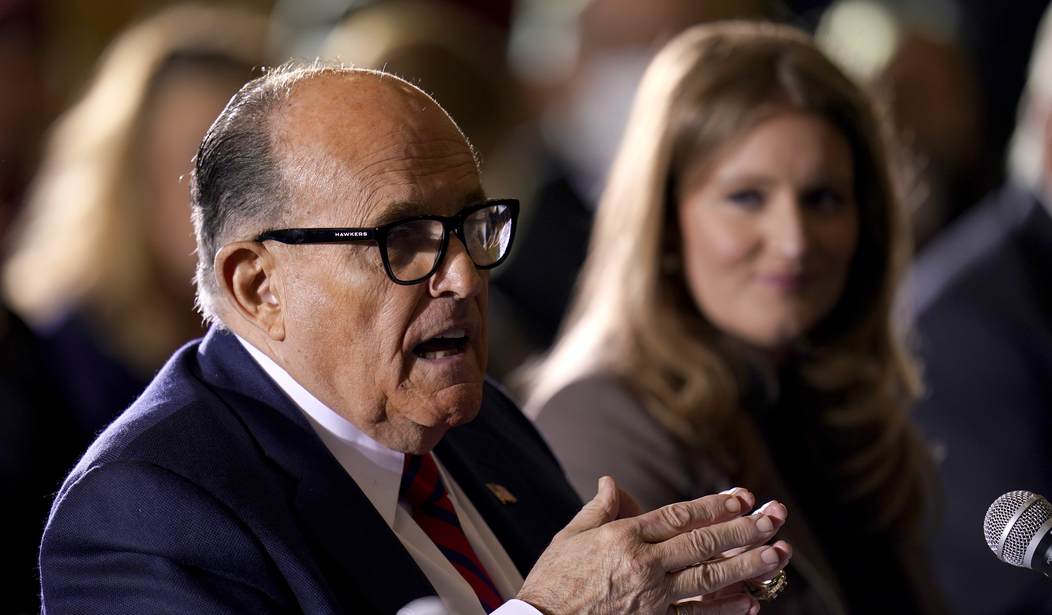While many are not willing to admit it, the Texas election lawsuit was the last real chance that President Donald Trump had to stall the official declaration of Joe Biden as the next President of the United States.
The lawsuit itself was doomed to fail for multiple Constitutional reasons, but perhaps the biggest flaw in it is that it was a group of outside states seeking to overturn election results in a handful of other states based on the fact that those states changed the rules in the middle of those elections going on. Critics of the lawsuit were right in saying that would be a dangerous precedent because that opens the door for ultra-progressive states to try and use the courts to force their values on conservative states.
But the idea behind the lawsuit was the correct one. States should not be allowed to change the rules in the middle of the game, and if there is one fight that needs to continue beyond this election, it is a fight to ensure that our elections systems are as trustworthy as possible and that the policies and procedures in place to run an election within a state are as fair to the voters as possible.
Via my colleague, Shipwreckedcrew:
In Georgia and Arizona, the Legislature would have to sue state executives from the same party In Pennsylvania, Michigan, and Wisconsin the State officials are members of the Democrat Party.
Any such action would have to start in a federal district court, and then proceed through the Circuit Courts of Appeal for the different states before they could be sent to the Supreme Court for review. With only 40 days remaining until January 21, such a course of events is likely impossible.
But, as is true of the Kelly/Parnell matter that was dismissed by the Pennsylvania Supreme Court and is now pending before the US Supreme Court, these are efforts that need to be continued even if we are forced to endure a Biden/Harris administration.

Because, at the end of the day, whether or not the 2020 election was stolen makes no difference as the potential is there if state governments are allowed to change election rules in the middle of an election. Some of these states need to see multiple lawsuits coming from within — as how these elections are state-run affairs and cannot (and should not) be interfered with by outside states — in order to challenge what happened in 2020.
This is not about overturning the election, mind you. Not at this point. There does not seem to be a legal avenue anymore to do that, and many of the legal avenues conservatives were led to believe existed were badly mishandled by the President’s lawyers and his allies. Instead, this needs to be about overturning the idea that states are allowed to change their election rules on a whim.
That is, I think, the real scandal here. That state officials are making changes to statutory election laws without their legislative branches being involved (in Georgia’s case, I believe the governor was given the power to make changes by the legislature, so the water is a little murkier there). There is, especially after this election, a considerable lack of trust in our electoral process. That has to change, and it needs to start with voters knowing their votes will count.
So, overturning the election won’t help, but neither will allowing state officials to change the rules in the middle of a race. Voters will need to know that the rules they have to follow are the rules everyone has to follow. Only then will we start to see more faith coming back to the electoral process, and only then can we start to fix what currently appears irreparably broken.














Join the conversation as a VIP Member